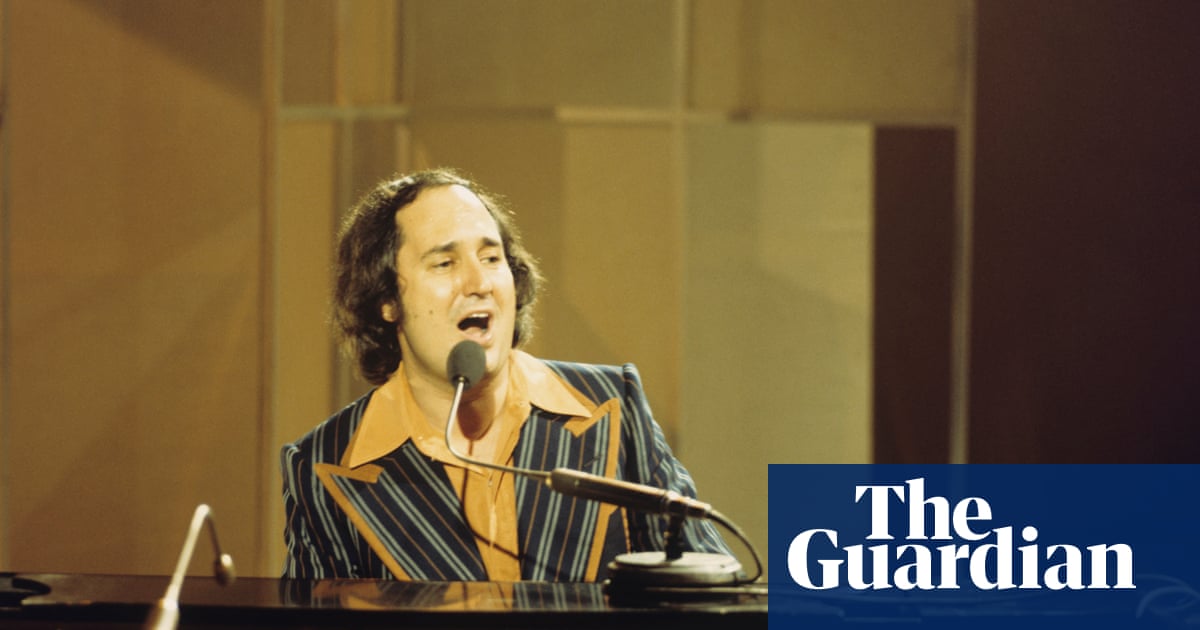The weird thing about tradition is that it has a tendency to long outlive its usefulness. Bonfire Night, once a way for the government to remind the public of its capacity to murder revolutionaries, has simply become an excuse to eat a jacket potato in a field. Church bells still ring on Sunday mornings, when it would be quicker and way more considerate to ping the congregation on WhatsApp. And the John Lewis Christmas advert is somehow still a thing.
True, it wasn’t so long ago that the John Lewis Christmas advert was a cultural institution; a teargas grenade lobbed into the television schedules to make viewers cry in the middle of The Cube. But now it is the year 2025, and things have changed. The John Lewis advert is a linear television commercial about a department store, even though the only way to describe either of those two things to a child is as a YouTube with no search function and an Amazon you actually have to walk to.
Nevertheless, this year’s John Lewis Christmas advert has landed – 10 days earlier than last year – and it is absolutely business as usual. A boy buys his dad a vinyl copy of the house banger Where Love Lives by Alison Limerick. The record causes the dad to be transported to a dancefloor, where his son greets him as a baby, a toddler, and finally as an adolescent. And then, through the sheer power of John Lewis, the song slows down into a sludgy plink-plonk cover version of itself.
In other words, this is the mashup between Love Actually and Aftersun nobody knew they needed. In the former, you will remember that Alan Rickman gifted his wife Emma Thompson a Joni Mitchell CD, an act that moved her to tears. In the latter, you will remember that a father and his daughter dance euphorically to Under Pressure.
Oh, sure, you could read more into those references if you wanted. You could suggest that the scene in Aftersun represented the very last moment father and daughter spent together before he abandons her forever, causing her a lifetime of unsolvable trauma. And maybe you’d want to point out that Emma Thompson was actually crying because the CD was confirmation that Alan Rickman was cheating on her and their marriage was over. But shut up, it’s Christmas.
Either way, what’s clever about the advert is that fathers and sons will each take something different from it. The fact that the son bought such a thoughtful present is a sign that he realises his dad was once an actual person with his own desires and interests who didn’t just exist to be in service of his family. It’s a profound moment for a child, and one that cannot help but change the nature of the relationship.

Meanwhile, the advert perfectly captures a very common moment of fatherhood. I’m talking, of course, about the time you decide to go clubbing, only to realise that since having a child you’ve become horrifically old and decrepit and that, to all the young people around you, you now basically represent the creeping spectre of death, and you’re suddenly hit by the realisation of how ancient you are, and you go home depressed and never attempt anything fun or exciting again until you die.
And then anyone under the age of 20 will take something else from the advert. That is: what the hell does any of this mean? It’s a film about someone buying a vinyl record from a bricks and mortar shop, that’s being shown on linear broadcast television? Why? Why go to all this bother? Why doesn’t the son just play him the song on Spotify? Why doesn’t he type ‘Where Love Lives’ into TikTok and give his dad the gift of an algorithmically generated feed of some Russian children lip-syncing to it? Wouldn’t that be easier?
Honestly, to Gen Z or younger, this whole thing must be like watching a highly commended entry from an obsolete technology competition. You know what? Next year, why not go even further? Why not release the John Lewis advert as a phénakisticope about a farmer trading a goat for a sack of stubble turnips? It couldn’t possibly be any more of an anachronism than this.
But maybe I’m being cynical. There’s still a romance to clinging on to traditions that are no longer useful. A tangible record will always be more special than an online stream. Visiting a shop will always be more special than clicking an object on a website. There’s something reassuring in the way that we’re still discussing a television commercial. And we’re doing it via the medium of print journalism, the most obsolete technology of them all. Merry Christmas everyone!

.png) 3 months ago
72
3 months ago
72

















































